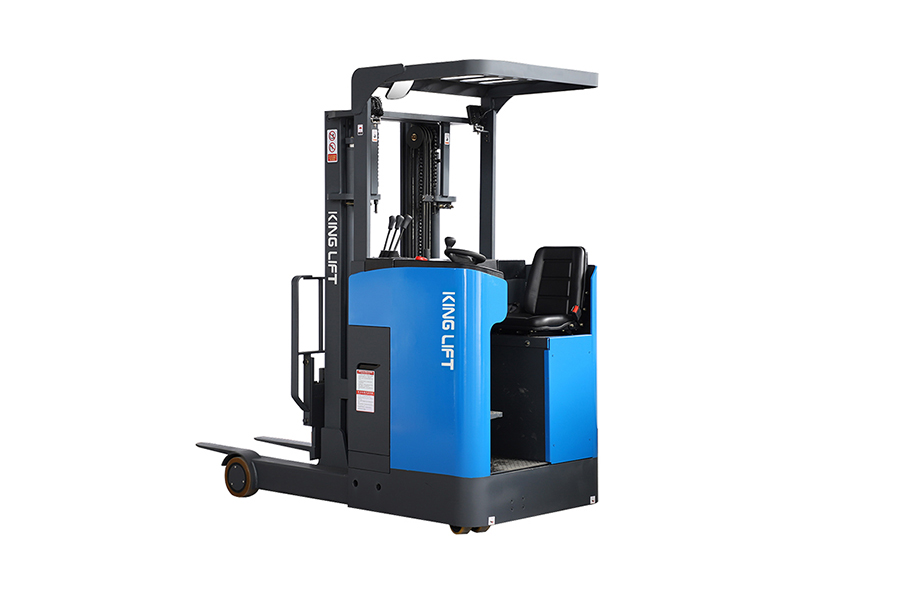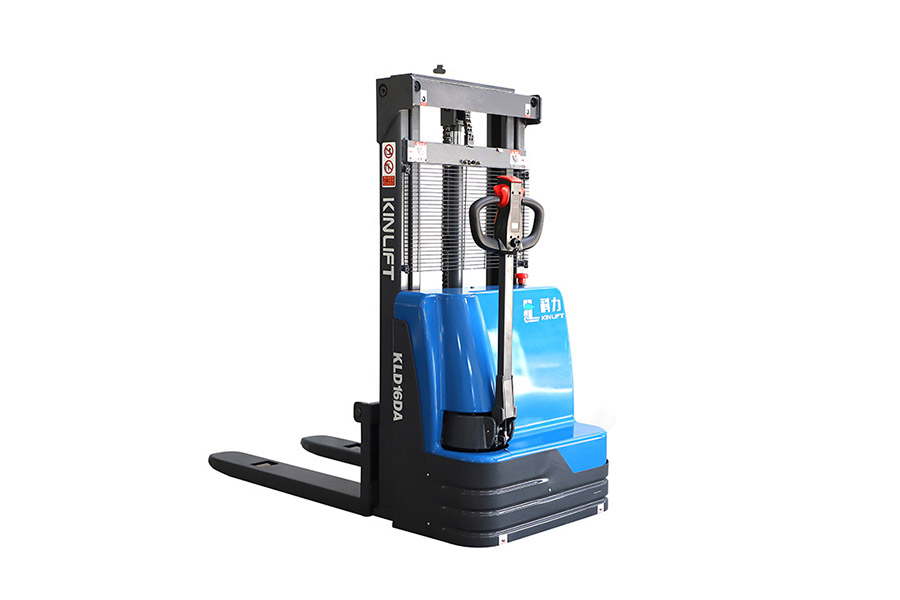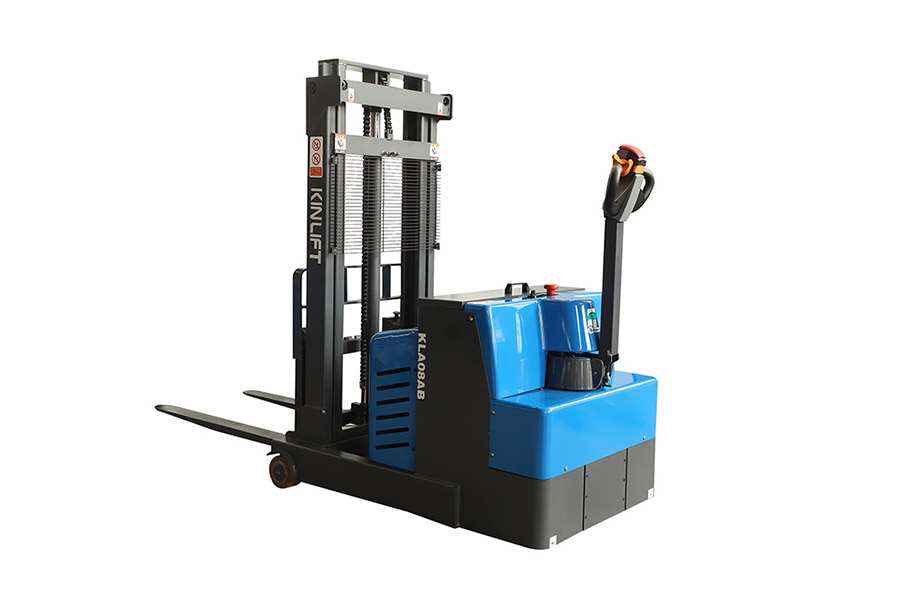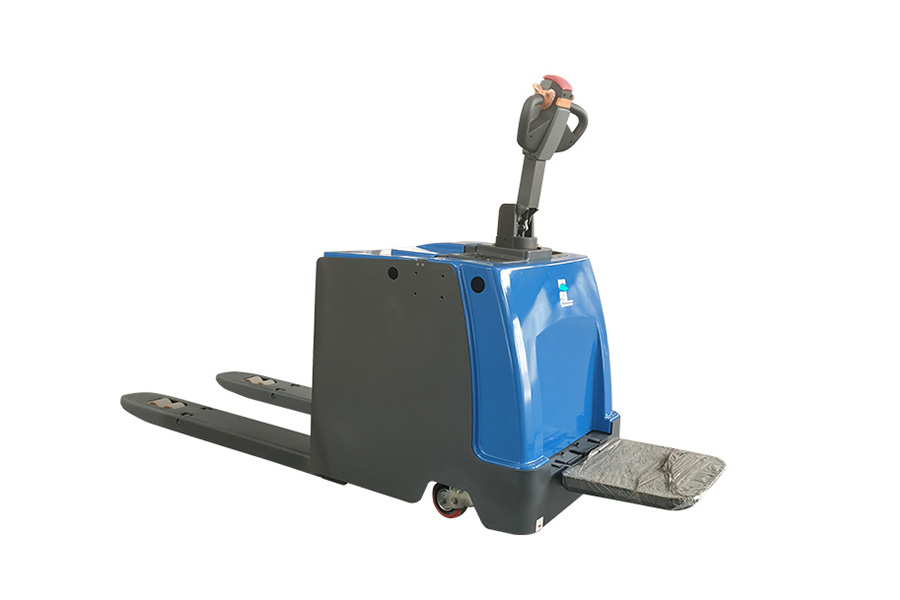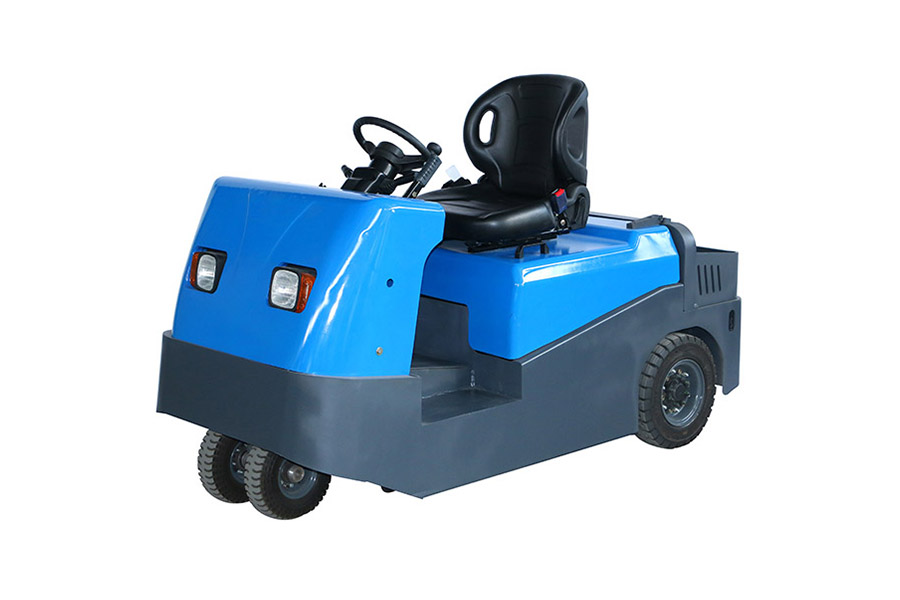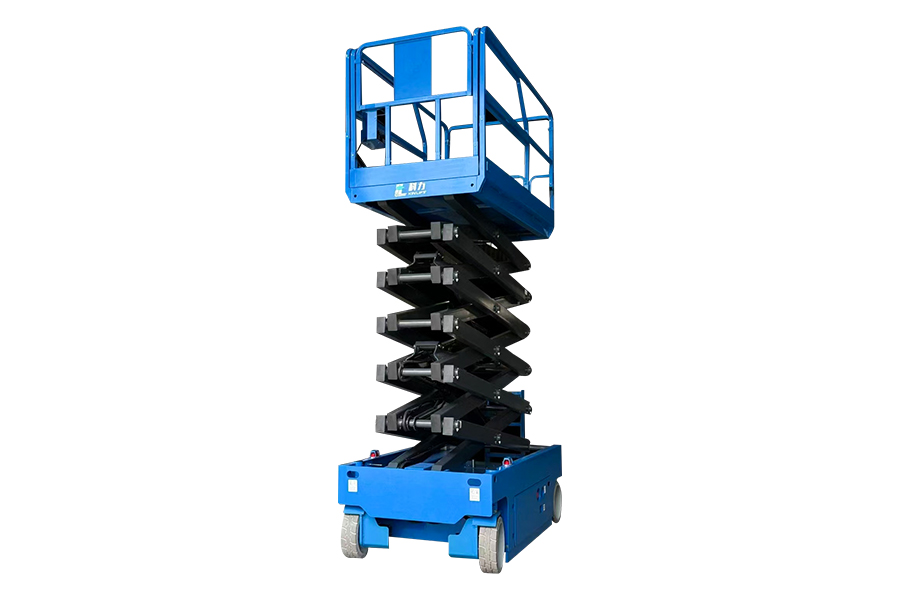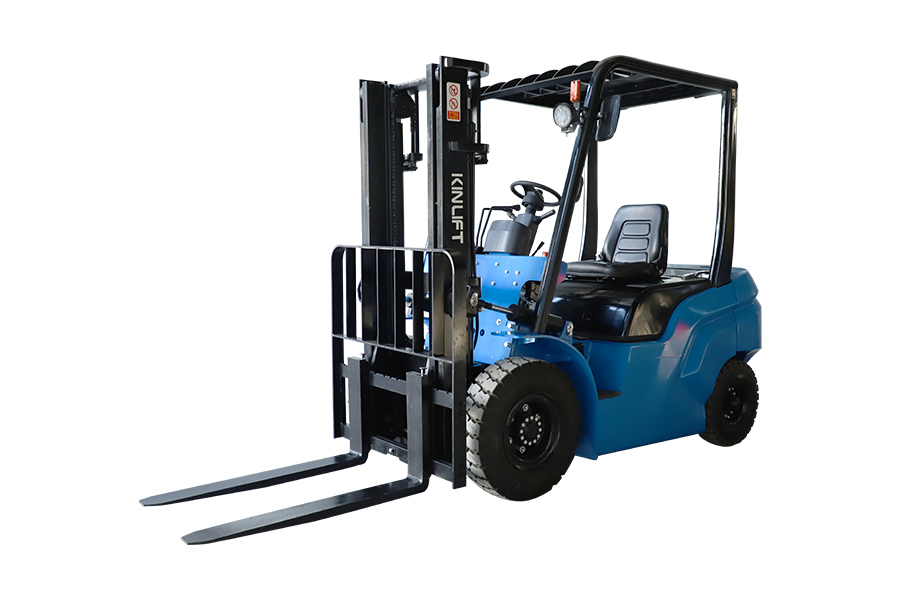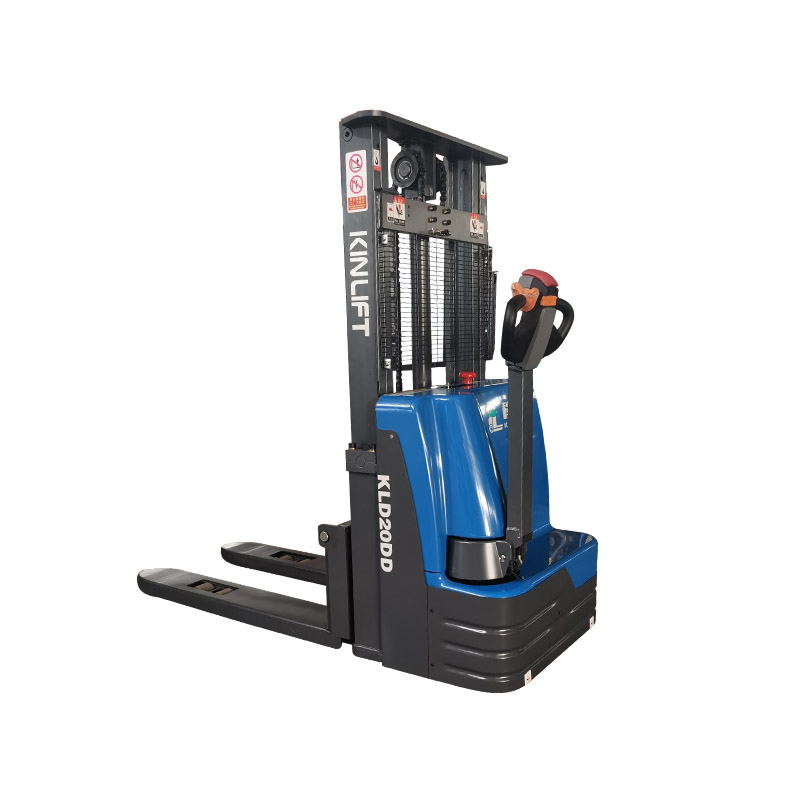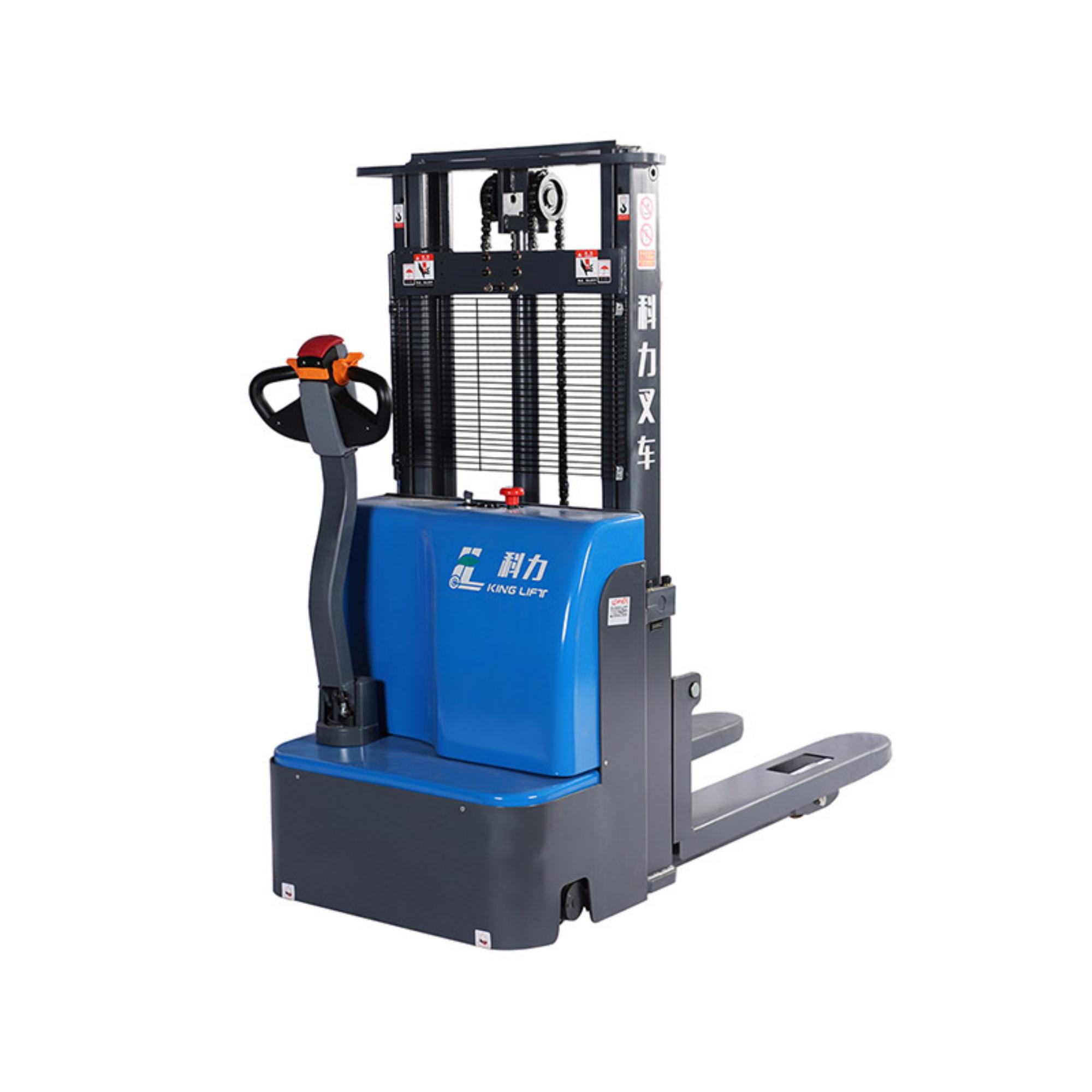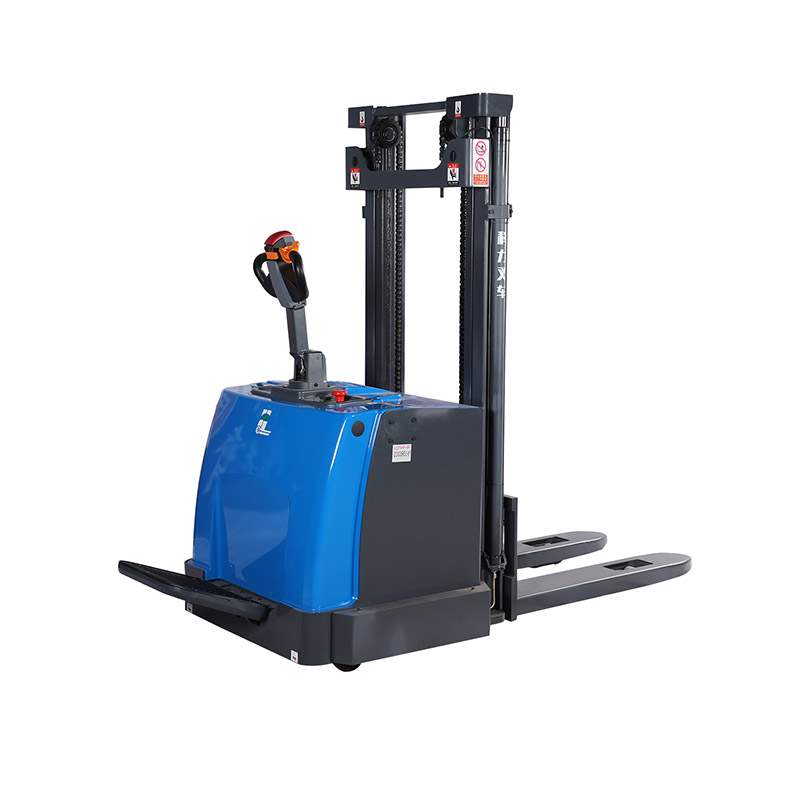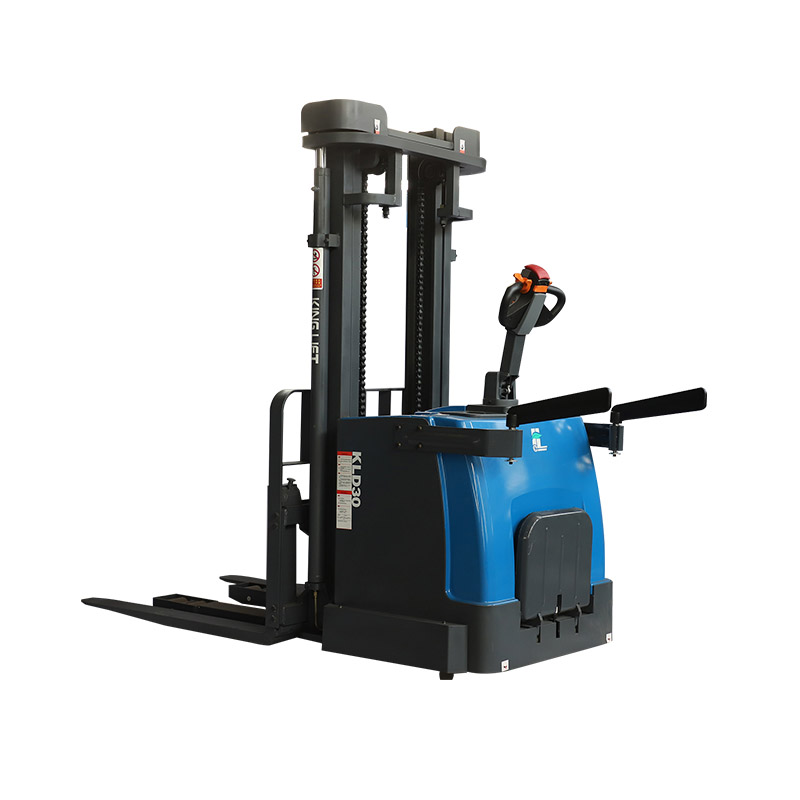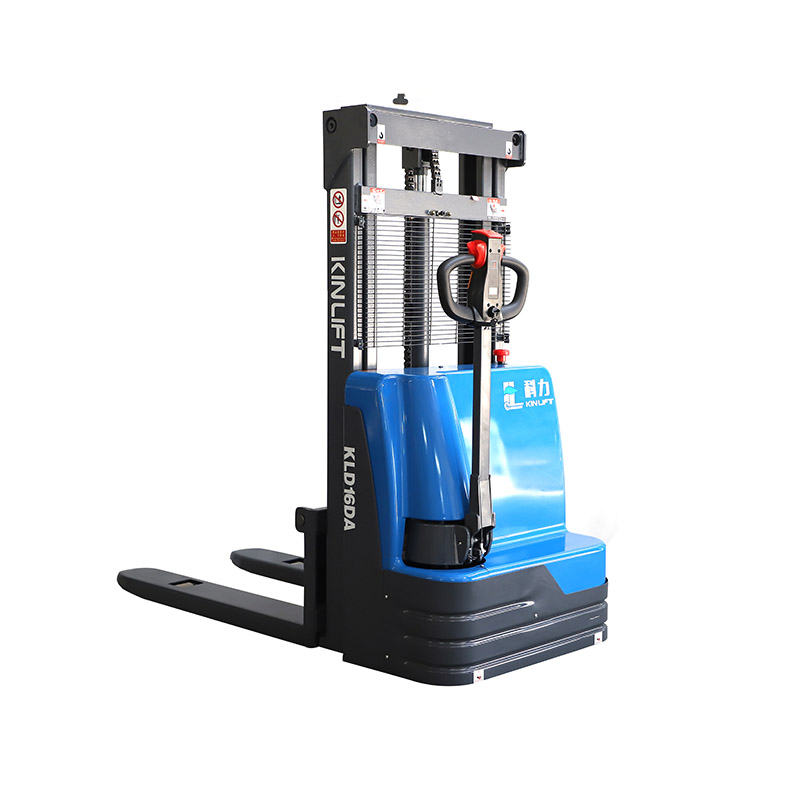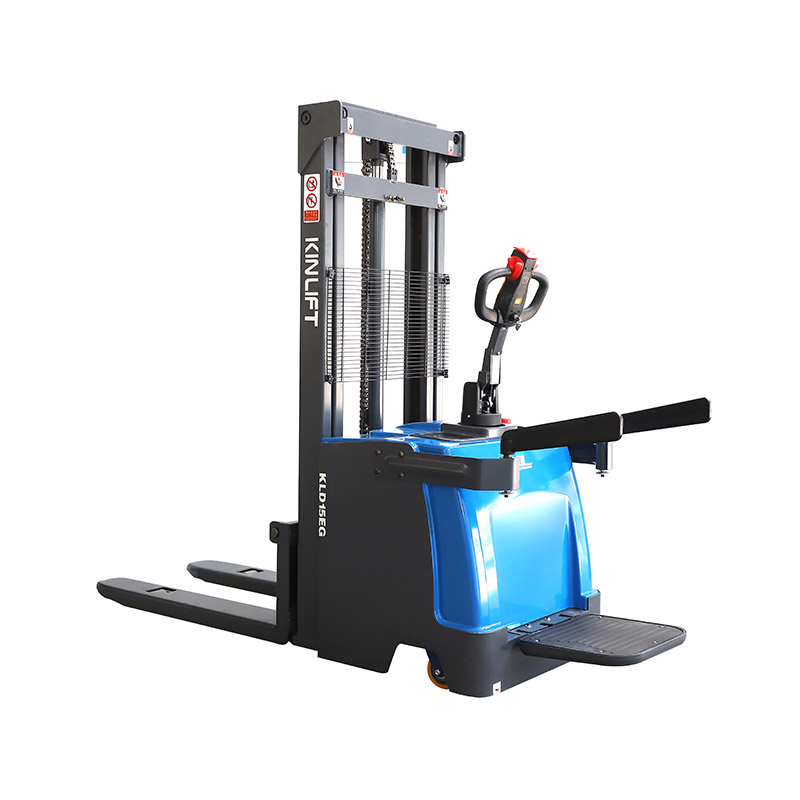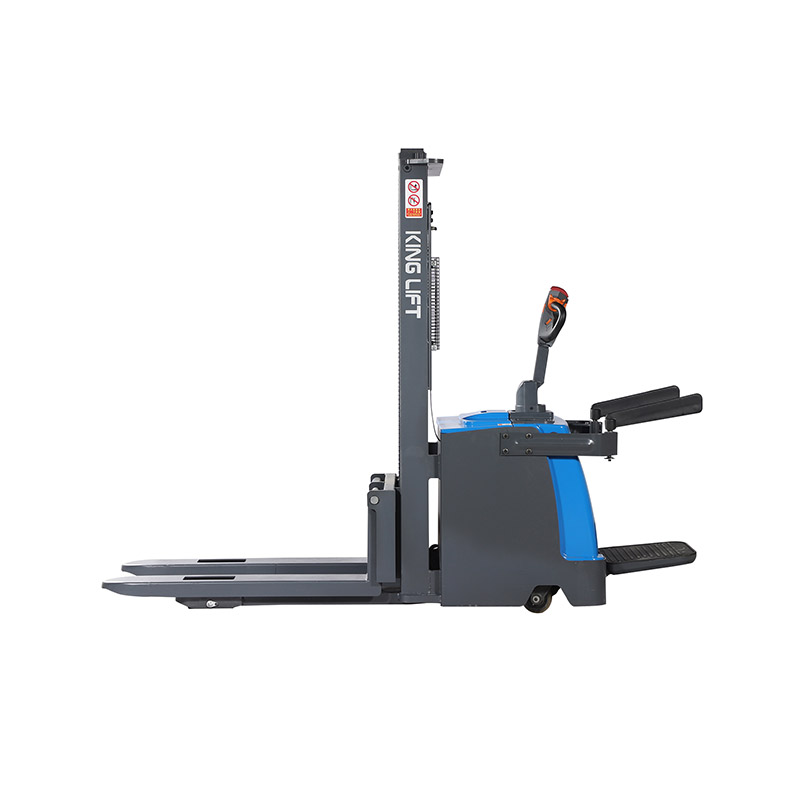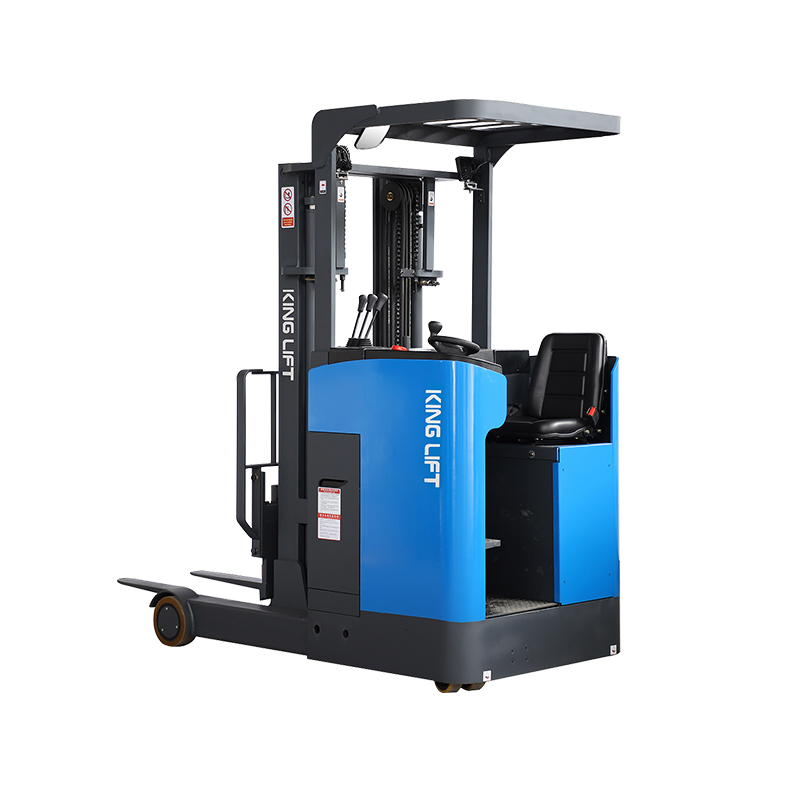With the increasing global environmental protection requirements, enterprises are facing more and more environmental pressures in the production and operation process. In this context, Electric Four-wheel Counterbalance Forklift has become an ideal choice for many enterprises with its environmental protection characteristics. Compared with traditional internal combustion forklifts, the environmental protection advantages of electric forklifts are not only reflected in reducing exhaust emissions, but also significantly reducing greenhouse gas emissions, providing a solid guarantee for the green development and sustainable operation of enterprises.
1. Zero emission characteristics: in line with global environmental standards
One of the biggest advantages of Electric Four-wheel Counterbalance Forklift is its electric drive system. Unlike traditional internal combustion forklifts that rely on burning fuel to drive, electric forklifts are powered by electricity, which completely avoids exhaust emissions generated during the work process. This zero emission feature enables electric forklifts to not only meet the increasingly stringent environmental protection standards of various countries, but also effectively reduce the legal risks faced by enterprises due to emission issues.
With the continuous upgrading of environmental protection policies, environmental regulations around the world are becoming more and more stringent. Many cities and countries have taken measures to reduce carbon emissions and air pollution in the industrial sector. Electric forklifts, with their zero-emission advantage, not only meet these environmental requirements, but also help companies avoid penalties and compliance issues that may be faced due to non-compliance with emissions. For companies with environmental compliance pressure, electric forklifts are undoubtedly a very ideal choice.
2. Promote greenhouse gas emission reduction: Reduce carbon footprint
Greenhouse gas emissions are an important factor leading to global climate change, and traditional internal combustion forklifts release a large amount of carbon dioxide (CO2) and nitrogen oxides (NOx) during work, exacerbating air pollution and greenhouse effect. However, since the Electric Four-wheel Counterbalance Forklift does not rely on fuel combustion but is driven by electricity, it does not emit greenhouse gases such as carbon dioxide.
By using electric forklifts, companies can significantly reduce carbon emissions, reduce air pollution and greenhouse gas emissions. This not only meets the global goal of reducing carbon footprints, but also promotes the practice of green production and low-carbon operations at the company level itself. As the concept of environmental protection is deeply rooted in the hearts of the people, more and more companies realize that reducing greenhouse gas emissions is an important measure to improve corporate sustainability and fulfill social responsibilities.
3. Promote green development: Enhance corporate social responsibility
As an important measure taken by enterprises in the process of achieving sustainable development, the application of electric forklifts not only improves production efficiency, but also improves the environmental image of enterprises. Compared with traditional internal combustion forklifts, the environmental characteristics of electric forklifts significantly reduce noise pollution and exhaust emissions, making the efforts of enterprises in the field of environmental protection more obvious. Enterprises can demonstrate their sense of responsibility and sustainable development commitment in environmental protection by using electric forklifts, which not only helps to enhance the brand image of the enterprise, but also win the trust of more consumers.
As consumers pay more attention to environmental protection and sustainable development, more and more companies are beginning to regard environmental protection as part of their brand competitiveness. The use of green equipment such as electric forklifts is not only in line with the environmental protection trend, but also can attract more environmentally conscious consumers and partners by demonstrating the social responsibility of the enterprise.
4. Reduce operating costs: Advantages of electric drive systems
Although the initial purchase cost of electric forklifts is relatively high, its long-term operating costs are much lower than those of traditional internal combustion forklifts. Electric forklifts use electric drive systems, do not require expenditures on consumables such as fuel and oil, and have lower maintenance costs due to their less mechanical wear. In addition, the efficient battery system of electric forklifts can provide long-term operation support, allowing enterprises to reduce energy costs in the long-term operation process.
The low maintenance requirements and low failure rate of electric forklifts also mean that enterprises will spend significantly less on forklift repairs and replacements. Compared with traditional internal combustion forklifts, the overall operating cost of electric forklifts has greater economic benefits in long-term use. Enterprises can not only reduce costs by reducing energy consumption, but also contribute to the green economy with the social benefits brought by reducing emissions.
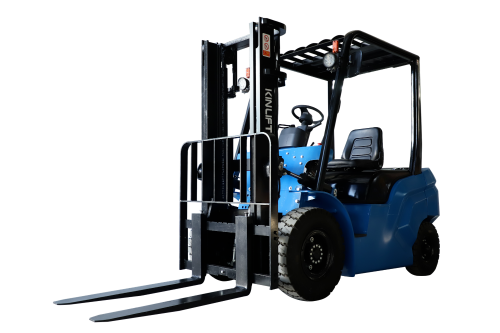
5. Support sustainable development goals: promote green transformation of the industry
As the world's attention to sustainable development continues to deepen, more and more companies have included environmental protection and green development in their core strategic goals. In the selection and application of forklifts, electric four-wheel balance forklifts are undoubtedly an important step towards sustainable development goals. By reducing environmental pollution and emissions, electric forklifts not only provide an effective way for enterprises to achieve green development, but also promote the green transformation of the entire industry.
At present, many countries and regions around the world have introduced policies with environmental protection as the core to promote the gradual transformation of all links in the industrial chain to green and low-carbon. The popularization and application of electric forklifts is an indispensable part of this transformation process. When companies choose to use electric forklifts, they not only improve their own operational efficiency, but also contribute to the sustainable development of the industry and society.


 English
English русский
русский